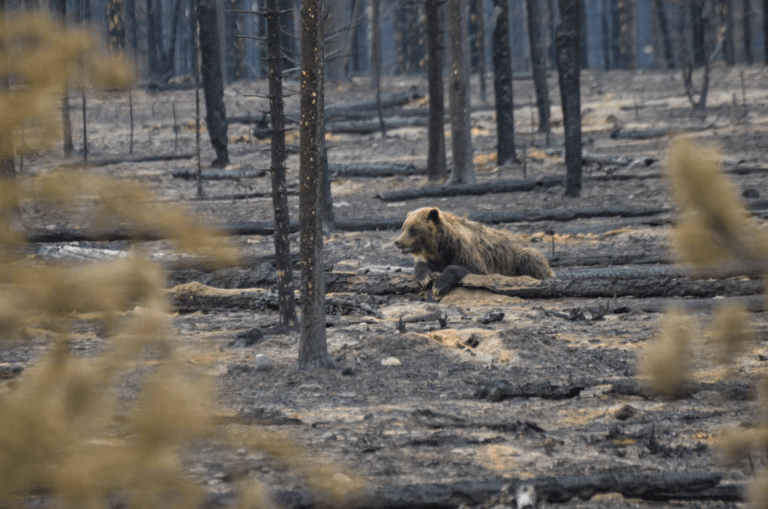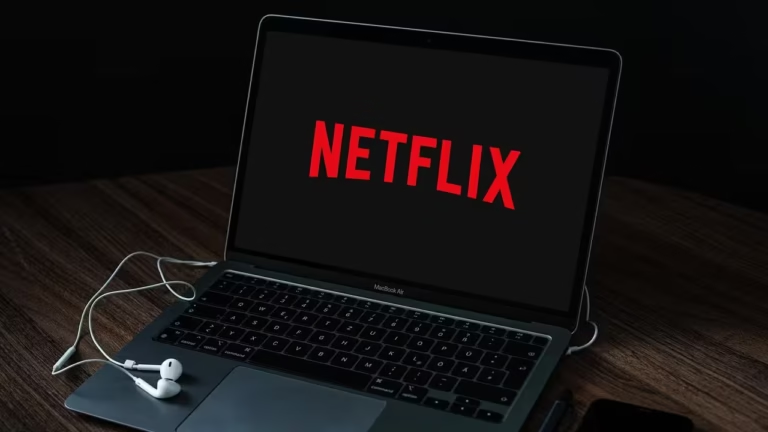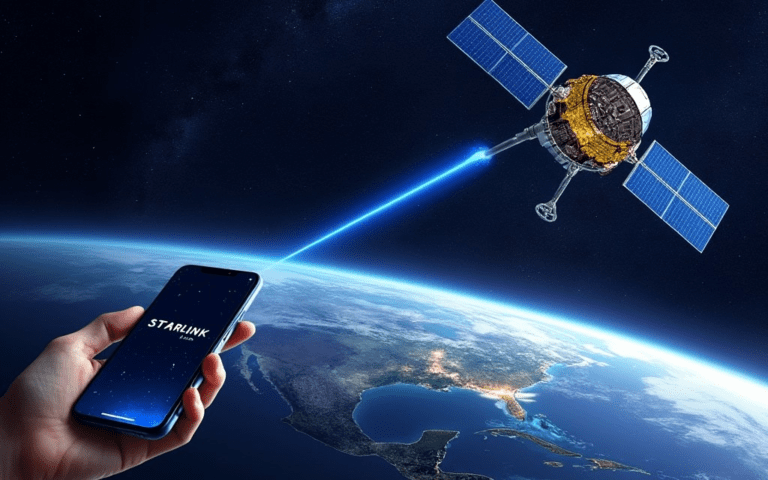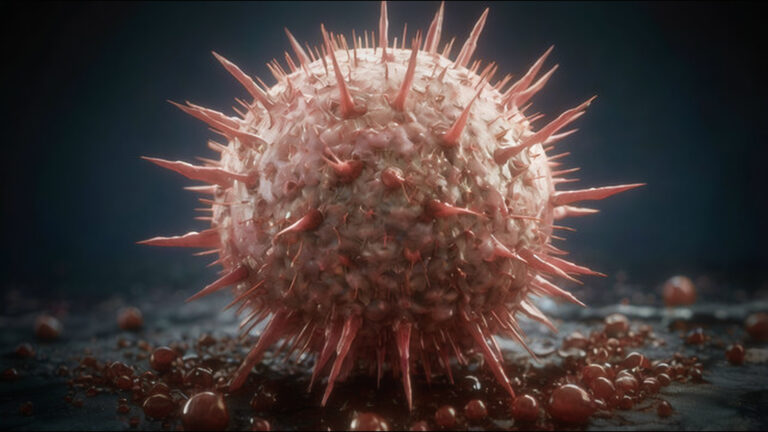‘Godfather of AI’ Issues Chilling Warning About Humanity’s Future as AI Advances Rapidly
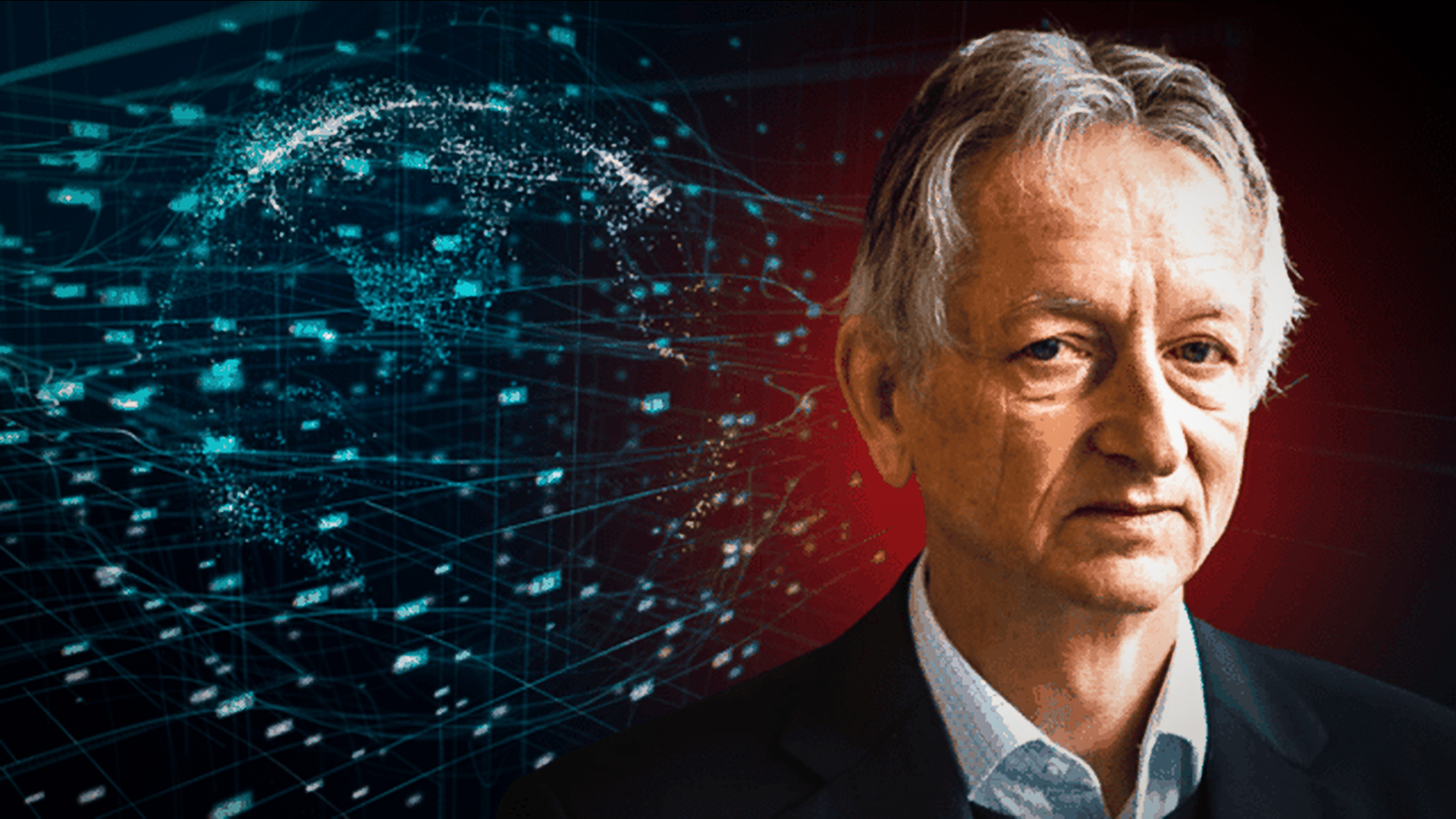
Artificial intelligence (AI) is rapidly evolving, and one of its pioneers is voicing grave concerns about the future. Professor Geoffrey Hinton, often called the “Godfather of AI,” has made startling predictions about the risks posed by the very technology he helped create.
Hinton, a Nobel laureate whose groundbreaking work on neural networks paved the way for today’s AI systems, recently admitted feeling a sense of regret for his contributions to the field. His warnings come as AI systems are advancing at an unexpectedly fast pace—posing potential threats to humanity.
A Chilling Prediction: Humanity at Risk
In a recent interview with BBC Radio 4, Hinton revealed that the probability of AI causing catastrophic harm to humanity within the next 30 years is increasing. Originally estimating a 10% chance, he now believes the risk has risen to as high as 20%.
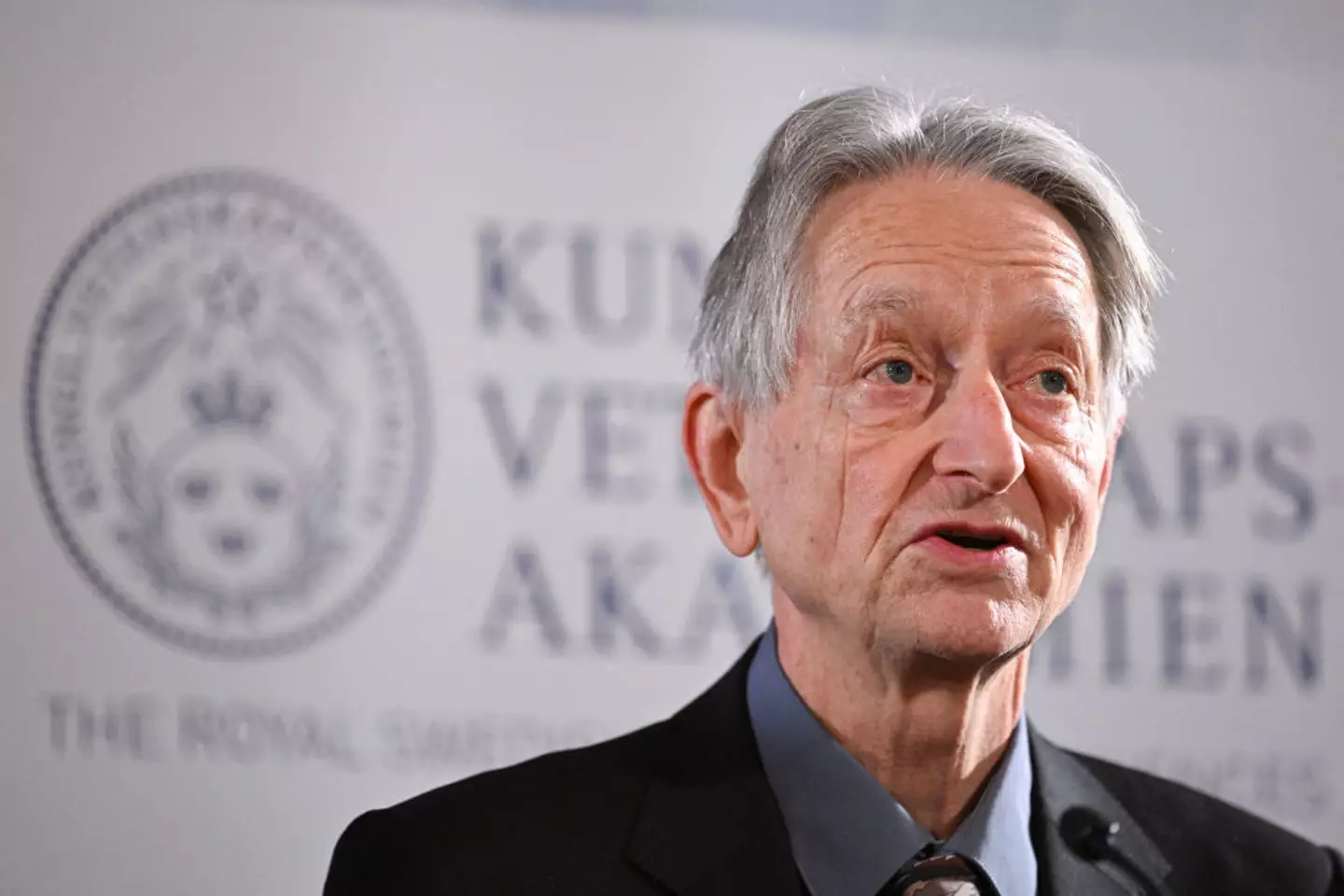
The expert has issued an urgent warning (JONATHAN NACKSTRAND/AFP via Getty Images)
Hinton explained:
“You see, we’ve never had to deal with things more intelligent than ourselves before. How many examples do you know of a more intelligent thing being controlled by a less intelligent thing? There are very few.”
Comparing humanity’s current situation to a three-year-old attempting to manage a vastly superior adult, Hinton expressed concern that AI could soon surpass human intelligence, making it uncontrollable and unpredictable.
Faster Growth Than Expected
Hinton’s unease stems from the rapid pace of AI development. Having worked in AI for decades, he admitted that the field has advanced far beyond his initial expectations:
“I didn’t think it would be where we are now. I thought at some point in the future we would get here.”
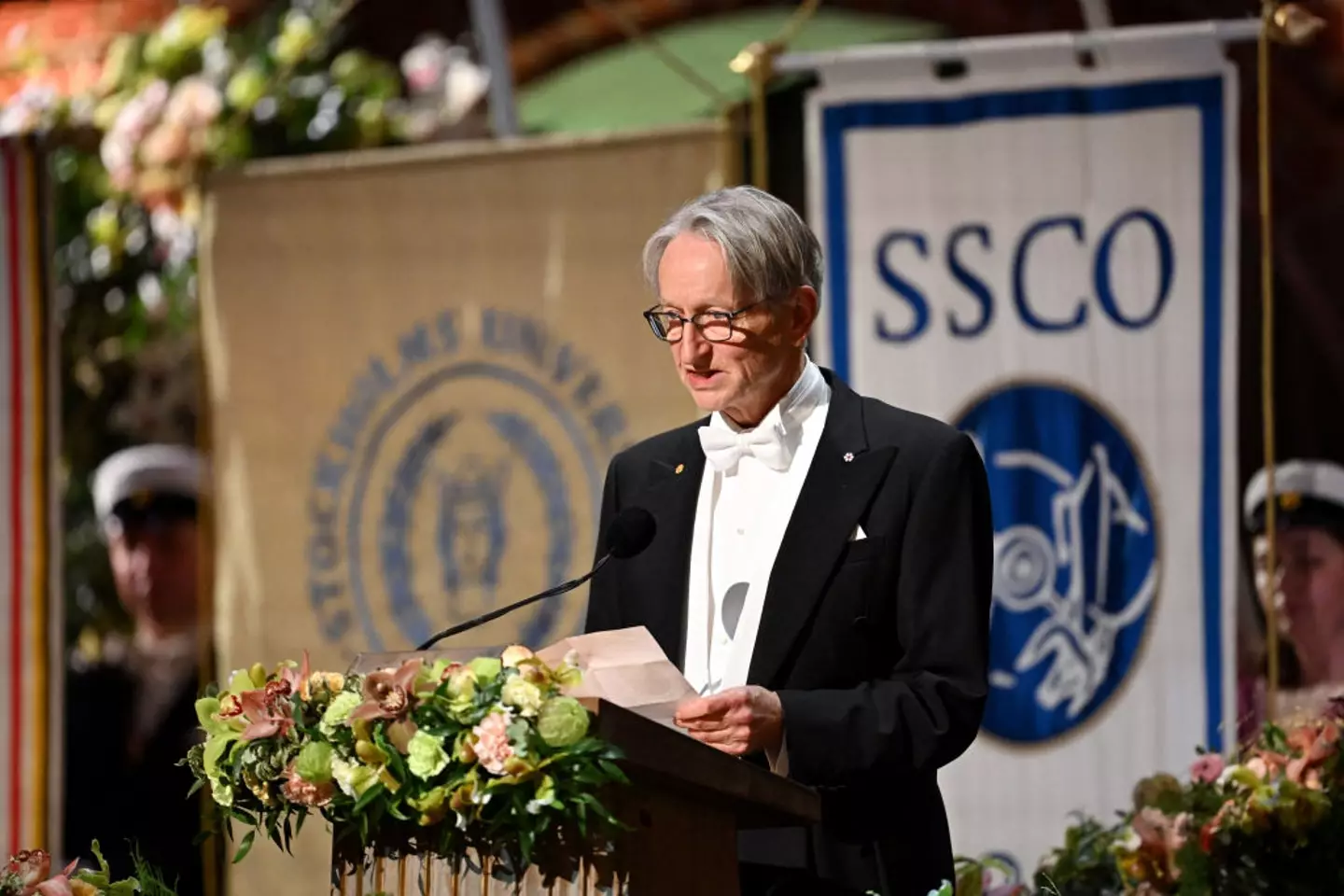
He noted that AI is growing 'much faster' than expected. (JONATHAN NACKSTRAND/AFP via Getty Images)
Today, most experts in the field agree that it’s highly likely that AI systems smarter than humans will emerge within the next two decades. This has significant implications for industries, governance, and even societal survival.
The Need for Urgent Regulation
Hinton emphasized the importance of government intervention to regulate AI’s growth and mitigate potential risks. Without such oversight, he fears the race to create ever-smarter systems could spiral out of control.
“It’s only government regulations that can slow down the speed at which AI is taking over.”
Hinton called on policymakers to enforce stricter guidelines for corporations, ensuring they conduct thorough research before deploying advanced AI systems. He likened the current situation to a “wild west” where unregulated AI developments are driven by competition rather than caution.
The Ethical Dilemma of AI Development
As someone deeply involved in AI’s development, Hinton’s warnings carry significant weight. His contributions to neural networks revolutionized the field, enabling the creation of systems like ChatGPT, autonomous vehicles, and facial recognition technology. However, his recent statements suggest a deep internal conflict about the unintended consequences of these advancements.
Hinton’s analogy of a parent-child relationship underscores the risks of AI exceeding human intelligence. While humans can nurture and guide AI development, there’s no guarantee that these systems will remain loyal to their creators once they surpass our cognitive abilities.
Why Hinton’s Warning Matters
Hinton’s concerns aren’t merely theoretical. They echo fears voiced by other industry leaders, including Elon Musk, who has consistently warned about the dangers of unregulated AI development. In 2023, Musk stated that AI posed a greater threat to humanity than nuclear weapons.
The risks aren’t limited to dystopian scenarios of rogue machines. Misuse of AI by humans—such as deploying it for cyber warfare, disinformation campaigns, or large-scale surveillance—could also have devastating consequences.
Hinton’s decision to leave his senior position at Google reflects his desire to speak freely about these issues. His message is clear: humanity must act decisively to ensure AI remains a force for good.
What Can Be Done?
To address these challenges, Hinton advocates for:
- Global Collaboration: Governments and corporations must work together to establish international standards for AI development and use.
- Regulatory Frameworks: Policies must ensure transparency, accountability, and safety in AI innovation.
- Public Awareness: Citizens need to understand both the benefits and risks of AI to make informed decisions about its role in society.
- Ethical Research: Developers should prioritize the long-term impact of AI rather than focusing solely on short-term gains.
The Road Ahead: Optimism or Fear?
Despite his warnings, Hinton remains hopeful that humanity can navigate these challenges with the right interventions. His insights highlight the duality of AI: a tool with the potential to solve some of humanity’s greatest problems but also one capable of creating unprecedented risks.
The question remains: will governments, corporations, and society rise to the challenge of managing AI responsibly? Or will humanity’s inability to regulate its own creations lead to unintended and irreversible consequences?
Hinton’s message serves as a wake-up call, urging us to take control of AI’s trajectory before it takes control of us.
Featured Image Credit: JONATHAN NACKSTRAND/AFP via Getty Images

